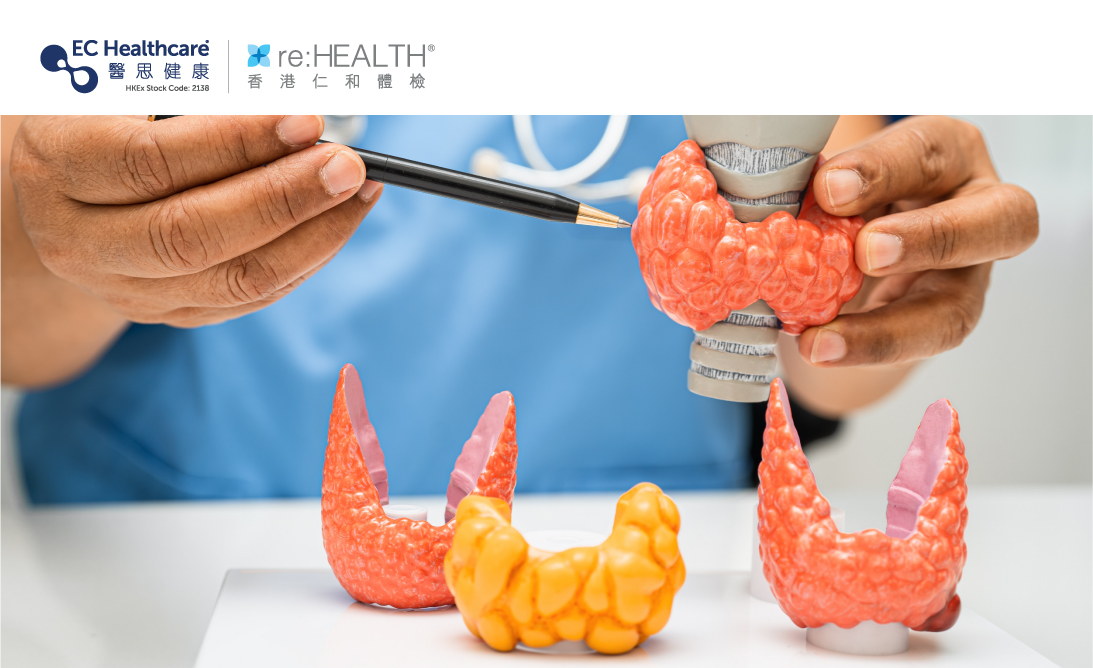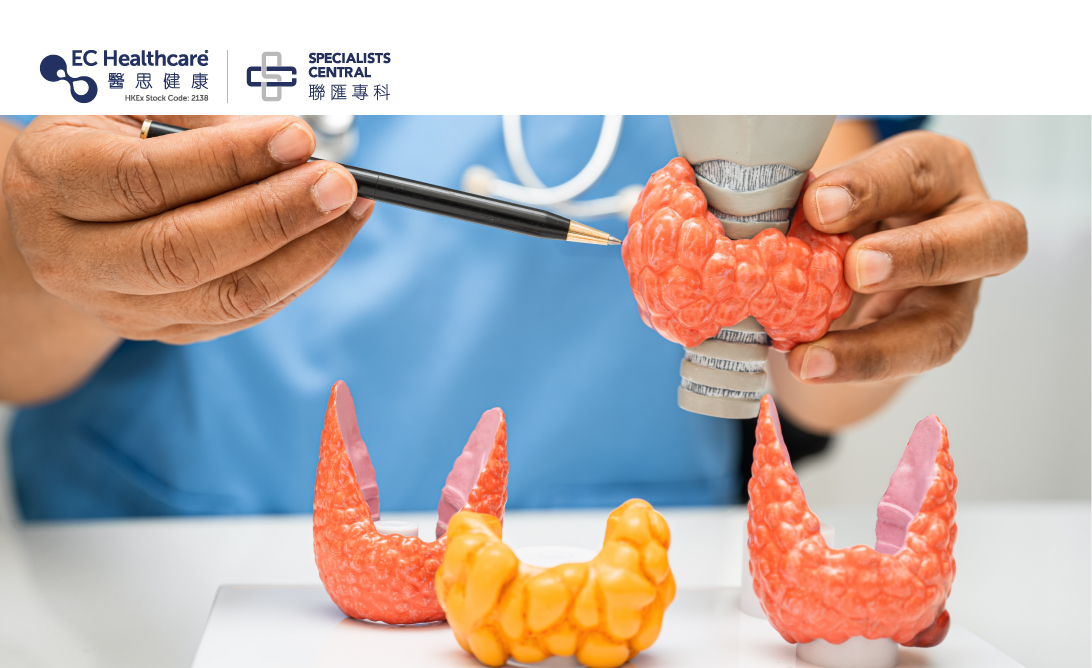Protecting Senior Health: The Link between Swallowing Difficulty and Pneumonia


According to the statistics from the University of Hong Kong*, approximately 60% of seniors in local nursing homes suffer from swallowing difficulties. 31% of them have mild swallowing difficulties, and the rest have moderate and severe swallowing difficulties. However, their conditions may worsen as they age.
What is swallowing difficulty?
Swallowing difficulty refers to problems in the swallowing process, where food does not enter the oesophagus successfully, leading to choking or aspiration during eating. As seniors’ neurophysiological functions of swallowing deteriorate with tooth loss, reduced saliva secretion, poor oral sensation, weakened tongue strength and reduced taste, this makes swallowing and chewing difficult.
Why does swallowing difficulty lead to pneumonia?
When we are choked by food or water, we will cough continuously to expel the foreign object. However, seniors have declined neurophysiological functions, so they cannot expel foreign objects that accidentally enter the trachea by coughing. This increases the chance of developing aspiration pneumonia, which can lead to respiratory failure, septic shock, and even death in severe cases.
8 signs of swallowing difficulty
- Excessive drooling, which may lead to coughing when sleeping
- Easily choking on soup or water
- Only eating specific foods or reducing food intake
- Taking a long time to eat and needing to swallow two or three times per bite; feeling tired while eating or having unfinished food more frequently
- Having food residue in the mouth after eating, food accumulating in the mouth or falling out of the mouth
- Changes in voice or increased coughing after eating
- Unexplained weight loss
- Unexplained fever or pneumonia
Generally, elderly people aged 65 or above gradually experience varying degrees of swallowing difficulty, so their family members should pay attention to their eating conditions. If seniors experience multiple warning signs, they are very likely to have swallowing difficulties and should seek medical attention. Depending on the situation, doctors may recommend medication treatment or swallowing training.
How to train seniors to improve their swallowing ability?
Before the training, doctors will evaluate seniors’ oral muscle strength. Then, they will formulate different training exercises, such as placing a finger on the cheek and pushing the tongue against it, swallowing saliva, and repeating certain phrases to train the tongue and throat muscles, thereby improving their quality of life.
*(Keep On Talking and Eating! Makes Swallowing Easy in Seniors!) P.12
https://swallow.edu.hku.hk/wp-content/uploads/2022/05/SSY-Book-KOTE.pdf
Related Brands


